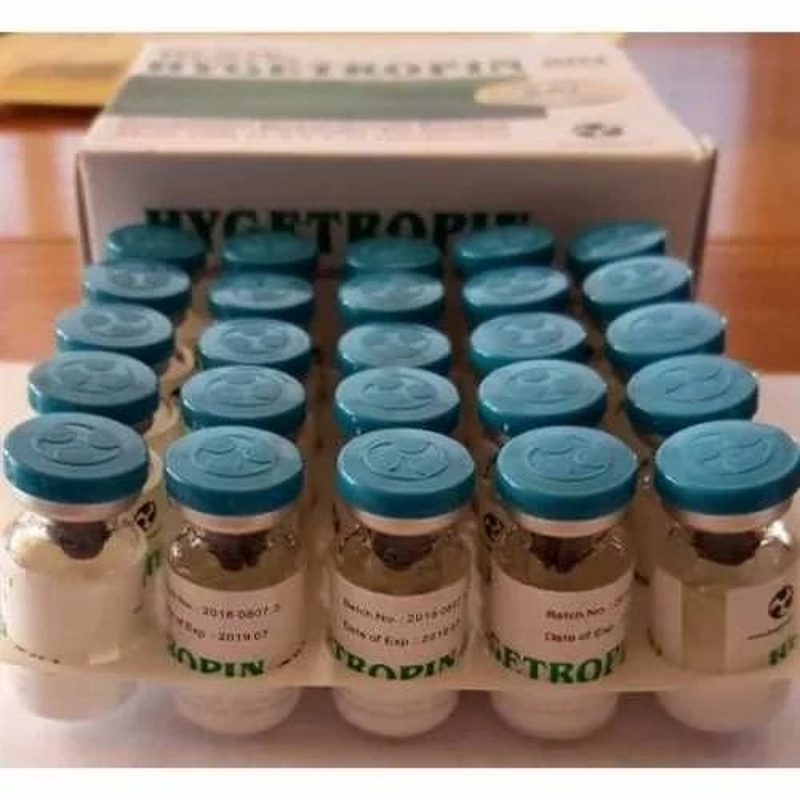-
Categories
-
Pharmaceutical Intermediates
-
Active Pharmaceutical Ingredients
-
Food Additives
- Industrial Coatings
- Agrochemicals
- Dyes and Pigments
- Surfactant
- Flavors and Fragrances
- Chemical Reagents
- Catalyst and Auxiliary
- Natural Products
- Inorganic Chemistry
-
Organic Chemistry
-
Biochemical Engineering
- Analytical Chemistry
-
Cosmetic Ingredient
- Water Treatment Chemical
-
Pharmaceutical Intermediates
Promotion
ECHEMI Mall
Wholesale
Weekly Price
Exhibition
News
-
Trade Service
Polycystic ovary syndrome (PCOS) is the most common endocrine disease, affecting an estimated 8-13% of women of childbearing age worldwide.
PCOS is a heterogeneic disease that manifests it ite as reproductive, metabolic and endocrine abnormalities, including excessive androgens, ovulation disorders, decreased fertility, and higher incidences of obesity, insulin resistance, liver lipid degeneration, and lipid abnormalities, increasing the risk of type 2 diabetes and cardiovascular disease.
the risk of overweight in PCOS patients is 30%-75%, obesity can aggravate PCOS symptoms, and weight loss will improve its characteristics.
2018 International PCOS Assessment and Management Evidence-Based Guidelines recommend lifestyle interventions, including diet, exercise and behavioural strategies, for all PCOS women.
, however, the best dietary components to be included in lifestyle management plans designed to improve PCOS clinical characteristics are still unknown.
recently, researchers published a paper in the journal Nature Communicarions, which combined the asosteroidized PCOS mouse model with a systematic constant nutrient approach to illustrate the effects of dietary constant nutrients on PCOS development.
found that optimal dietary constant balance in a low-protein, medium-carbohydrate and fat diet can improve the key reproductive features of PCOS.
, however, the metabolic system disorders shown in PCOS mice were not significant in their ability to respond to diet, and different constant nutrient balances had no beneficial effects on the development of metabolic PCOS symptoms.
therefore, the study revealed that PCOS characteristics in the model of the asosteroid PCOS mice could be selectively improved through diet, and that reproductive characteristics showed greater sensitivity to dietary constant nutrient balance than metabolic characteristics.
the study provides evidence for the development of evidence-based dietary interventions, a promising strategy for treating PCOS, especially reproductive symptoms.
.







